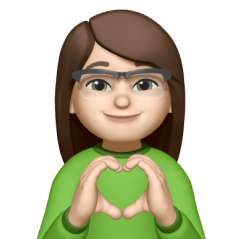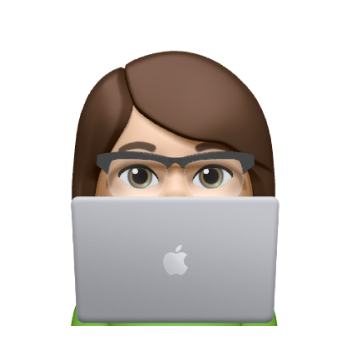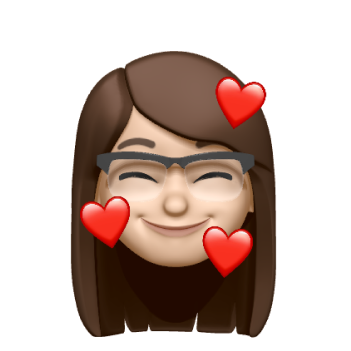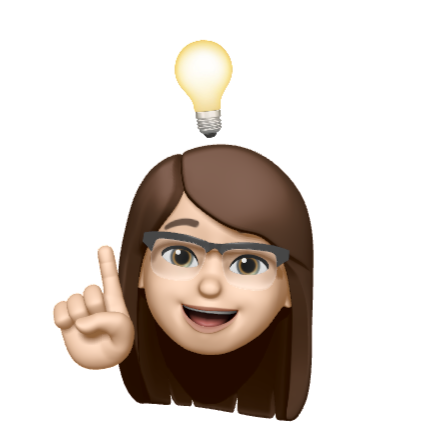Theory of Change
A Theory of Change (ToC) is a visual description of the changes we would expect to observe as a result of our programs in the short and long term. In other words, it’s our very own conditional (if, then) statement. If we do X then Y will change because….
In the not-for-profit sector, a ToC is often used for planning and evaluation of social change. It’s used to help explain the process of change by outlining causal linkages in an initiative, i.e., its shorter, intermediate and longer-term outcomes. The links between outcomes are explained by rationals, assumptions or statements of why one outcome is thought to be a prerequisite for another.
At Canada Learning Code, as we design programs and then aim to measure their impact, a ToC and all of its assumptions helps to show all the different pathways that might lead to change (even if those pathways are not related to our programs or experiences). It describes how and why we think change happens and helps inform decisions about why our programs are designed in specific ways. For example, we believe our 4:1 learner to mentor ratio promotes a social and collaborative learning environment that leads to more confidence in our learners with technology. This is an assumption (backed by evidence!) in our ToC. If we create social and collaborative learning environments; learners will leave feeling more comfortable and confident with technology.
Our evaluation efforts – feedback surveys, focus groups and more all aim to measure whether or not change is happening and if our assumptions hold true. As more evaluation data becomes available, our ToC may evolve and be refined all with the goal of helping us better demonstrate progress on the achievement of our outcomes and the BIG change we want to see in Canada.
Canada Learning Code’s Theory of Change is here.
Explore one learner's story applied to the Theory of Change

Michelle
Learner & Mentor
"Canada Learning Code provided a safe space for me to navigate my first experience with coding. This turned out to be the beginnings of my journey into tech."
Michelle's Activities at Canada Learning Code
const activities = [
“Project-based Learning”,
“Social & Collaborative Approach to Learning”
]
“My story with CLC started years ago. I attend at least 1 workshop per year. I remember my first in person workshop like it was yesterday. I was a 4th year university student curious about building websites so signed up for the html and css workshop.”
“I remember feeling shy and a little intimidated as I followed along the workshop.”
- Went to an in-person workshop at CLC
- Had curiosity about building websites
- Collaborated with other learners and volunteers

Michelle’s Immediate Outcomes
If (activities > 0) {
// Learners build something
// Learners perceive tech/coding as applicable in their life, education, career
}
“I saw those magic first words appear that every programmer sees, Hello Shorty. This gave me a little rush of serotonin.”
“The volunteers were so knowledgeable and I was bold enough to ask for help a couple times. After that I attended workshops every year and grew less shy. With every workshop I was excited to show up and learn.”
- Gained confidence
- Built more projects
- Kept attending CLC workshops
- Perceived coding as applicable in her life

Michelle’s Intermediate Outcomes
If (immediateOutcomes > 0) {
// Learners share what they built and share their experiences
// Learners continue to apply, develop and grow their tech/coding skills
// Learners’ confidence is actionable: engage + share tech/coding with others
}
“I was checking my email when a CLC newsletter came through it mentioned a $2000 scholarship opportunity with Juno College. I did get accepted into that program and twice a week I attended an intro to web dev class that changed the projection of my life forever.”
“I learned so much here from staff, instructors and my own peers, this was the dedicated time I needed to seriously consider tech as an actual career.”
- Took a part-time web development class with a CLC scholarship
- Left job and completed a full-stack bootcamp
- Engaged with others and continuosly developed her coding skills
- Became a part of the Calgary tech community and shares her knowledge with others regularly

Michelle’s Ultimate Outcomes
If (intermediateOutcomes > 0) {
}
“Fast forward to May 2022, I just finished my very first week as a software developer at a start-up. I now have wonderful technology community in Calgary that I have become a part of, an exciting new job in a new industry, I get paid well, work remotely and I can now proudly call myself a Software Developer.”
- Working as a Software Developer at a start-up

